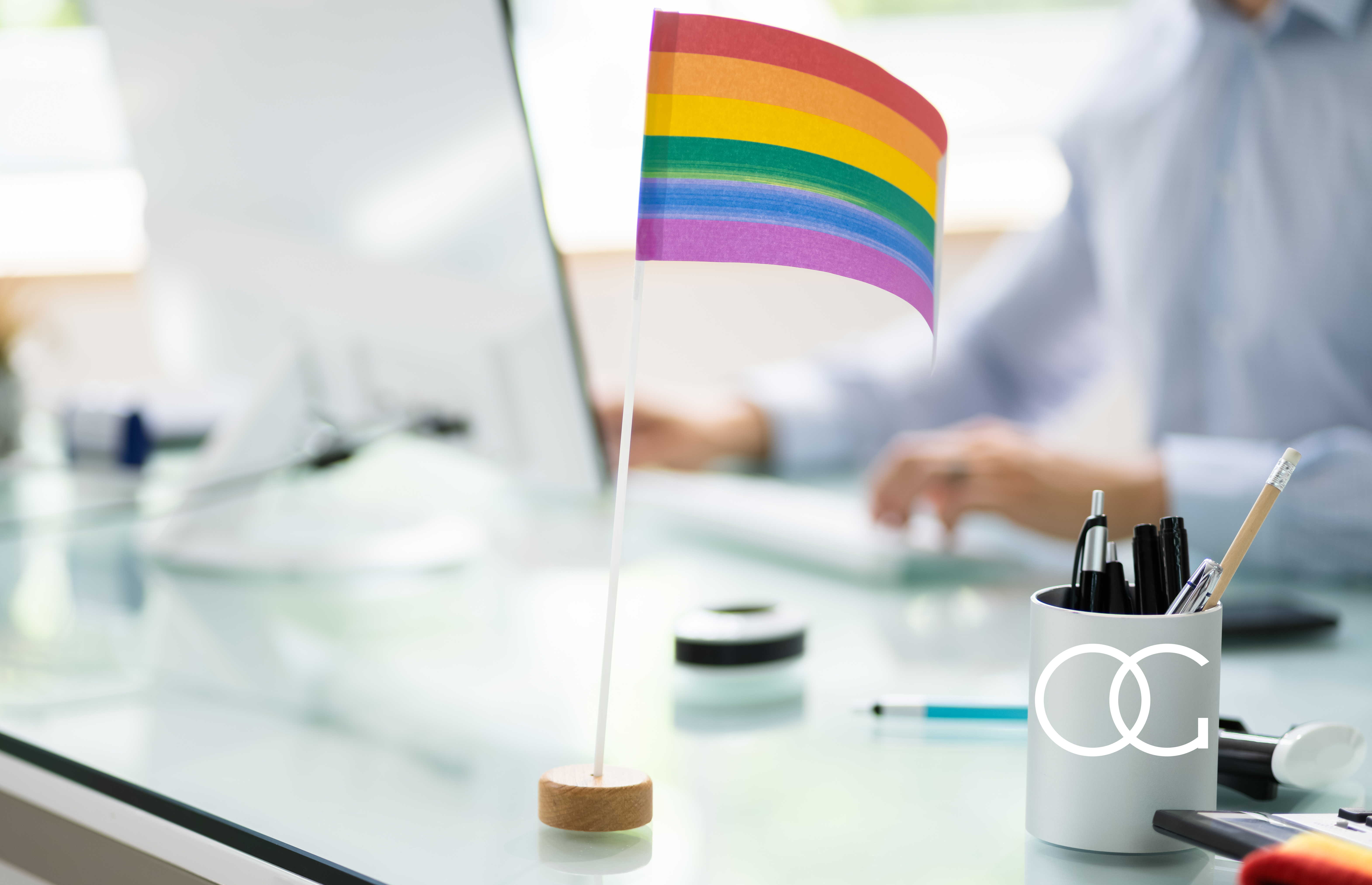While #MeToo has shone a light on the important topic of sexual harassment in the workplace, one issue that appears to remain in the shadows is sexual harassment perpetrated against LGBTQ+ individuals. #MeToo has been groundbreaking in amplifying the voices of victims of sexual harassment and assault that have long been silenced. However, the experiences of LGBTQ+ individuals, who have been shown to be disproportionately affected by sexual violence, are often excluded from the narrative.
In 1998, the Supreme Court recognized that same-sex sexual harassment claims were covered under Title VII of the Civil Rights Act of 1964. Oncale v. Sundowner Offshore Servs., 523 U.S. 75, 79-81 (1998). In the wake of #MeToo, 22 states and the District of Columbia have passed more than 70 workplace anti-harassment bills to increase the protections of workers from sexual harassment.
According to a report published by the Trades Union Congress (“TUC”) in 2019, approximately 68% of LGBTQ+ workers experienced sexual harassment in the workplace. Undoubtedly, this number would be even higher for those with intersectional identities. However, these instances of sexual harassment against the LGBTQ+ individuals go widely unreported, in part because of the stigma and biases surrounding sexual orientation and gender identity in most workplace cultures. Indeed, the TUC report also stated that 66% of the reported LGBTQ+ individuals who experienced sexual harassment in the workplace did not report it, with 25% of those individuals stating that their failure to report was due to a fear of “outing” themselves.
When people who experience same-sex sexual harassment and assault, particularly men, come forward, they are often met with skepticism that would deter others from coming forward. For instance, actor Terry Crews, who came forward with claims of sexual assault against a male agency executive, has spoken out about the criticism and doubt he received from others following the sharing of his story. By way of further example, following actor Anthony Rapp’s allegations against Kevin Spacey, Rapp was widely blamed for the demise of Spacey’s Netflix show, “House of Cards.” Since then, more than a dozen men have come forward with allegations against Spacey.
With five years having passed since the emergence of the #MeToo movement, it begs the question, why is the LGBTQ+ community’s vulnerability to same-sex sexual harassment not getting the attention it deserves?

